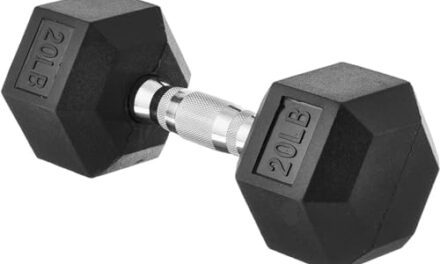Introduction to Effective Sports Training
Effective sports training is vital for athletes aspiring to reach peak performance while minimizing the risk of injuries. It integrates various components including strength and conditioning, skill development, strategic mental preparation, and recovery processes. Understanding and applying the fundamentals of effective training can significantly enhance an athlete's performance across all levels of participation from amateur to professional sports.
Key Components of Sports Training
To ensure comprehensive development and optimal performance, sports training should cover several essential areas:
Physical Conditioning
Physical conditioning forms the backbone of sports performance, encompassing cardiovascular fitness, strength, flexibility, and endurance training. Tailored conditioning programs based on the specific demands of the sport ensure athletes can withstand the physical challenges of training and competition while reducing the risk of injury.
Technical Skills
Mastery of sport-specific techniques is crucial. Coaches help athletes refine these skills through repetitive practice, drills, and the correct biomechanical approaches. This not only improves efficiency and performance but also reduces the energy expenditure during competition, allowing athletes to maintain high levels of performance for longer periods.
Tactical Knowledge
Understanding and implementing game strategies and tactics provide athletes with competitive advantages. This might include studying opponents, using spatial awareness to make smart decisions, or managing the tempo of the game. Tactical knowledge makes the physical and technical aspects of the sport more effective during actual performance.
Mental Preparation
Sports psychology plays a critical role in training athletes to develop mental toughness, focus, and resilience. Coping mechanisms such as visualization, concentration techniques, and stress management are trained to help athletes maintain peak performance under pressure and during adverse situations.
Nutrition and Hydration
Proper nutrition and hydration are fundamental for optimal athletic performance. Nutritional plans should support an athlete’s overall energy needs, recovery, and specific metabolic demands of their sport. Similarly, maintaining hydration is crucial to prevent declines in performance and expedite recovery.
Planning and Periodization
Effective training programs are well-planned and periodized. This means training is structured into specific cycles with goals such as building a base, focusing on intensity or tapering towards peak performance phases. Periodization helps manage workload, prevents plateaus, and decreases the risk of overtraining.
Macrocycle, Mesocycle, and Microcycle
The macrocycle refers to the overall training period, usually a year. Mesocycles are phases within the macrocycle that focus on specific goals (e.g., endurance, strength, competition preparation), and microcycles are typically week-long training blocks designed to work towards the mesocycle's objective.
Recovery Strategies
Recovery is an integral part of training as it allows the body to repair and strengthen. Effective recovery techniques include adequate sleep, nutrition, hydration, stretching, massage, and perhaps most importantly, rest days. Active recovery sessions, like light swimming or yoga, can also improve mobility and blood circulation.
Monitoring and Feedback
Continuous monitoring and feedback ensure training effectiveness and adjustment when necessary. Techniques to monitor training can include performance testing, heart rate monitoring, and athlete feedback to assess fatigue levels. This helps in accurately tailoring the training load and recovery cycles.
Conclusion
An effective sports training program is multifaceted and needs to be handled with precision and care. It incorporates physical conditioning, technical skills training, tactical knowledge, mental preparation, thoughtful nutrition, and structured recovery strategies. With proper planning, periodization, monitoring, and adjustment, athletes can achieve their peak performance and fulfill their sporting ambitions safely and effectively.





